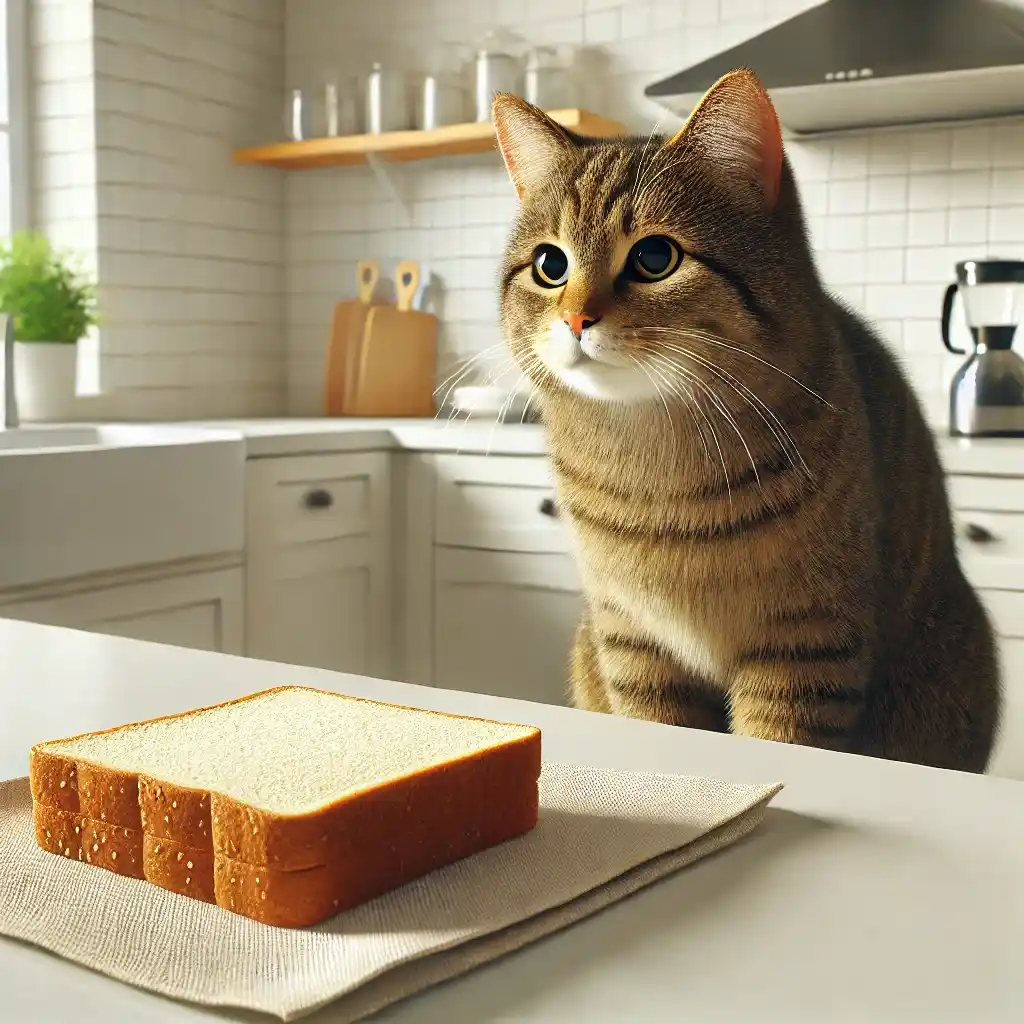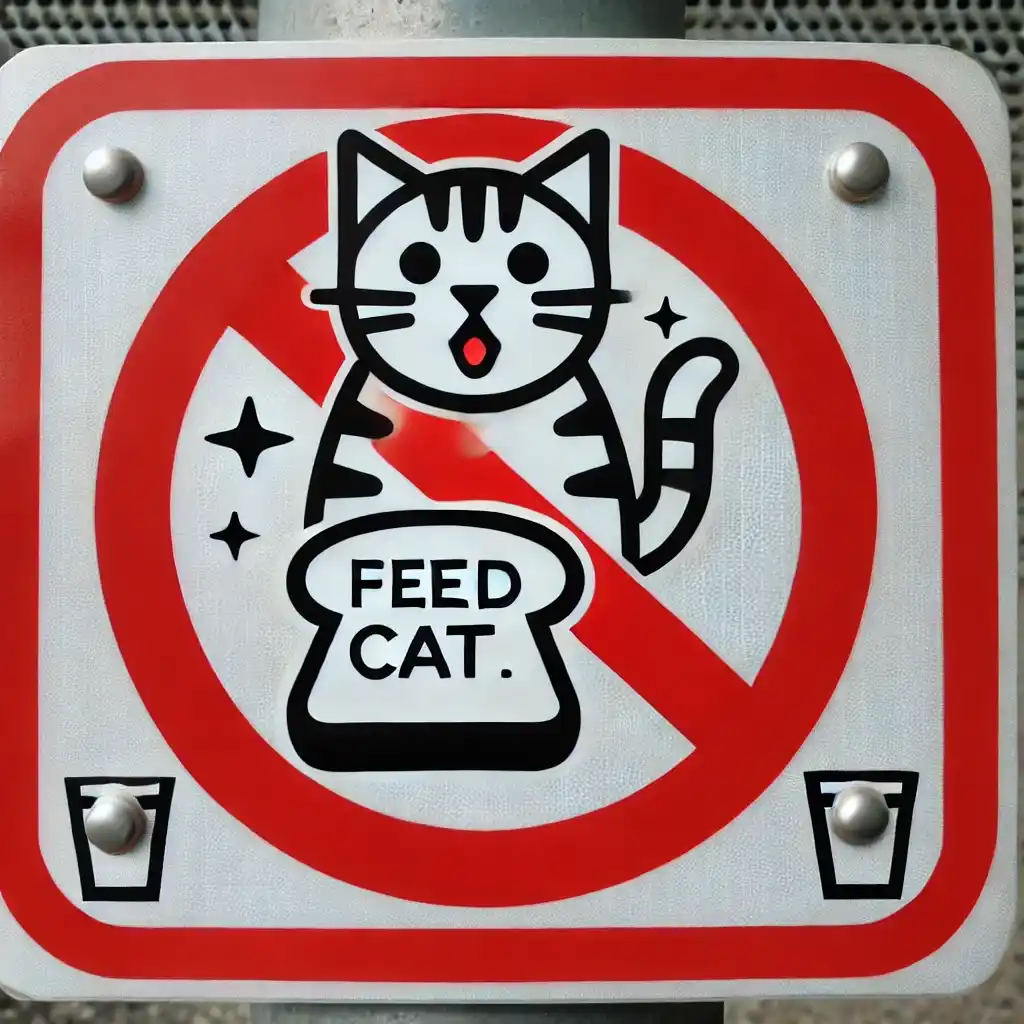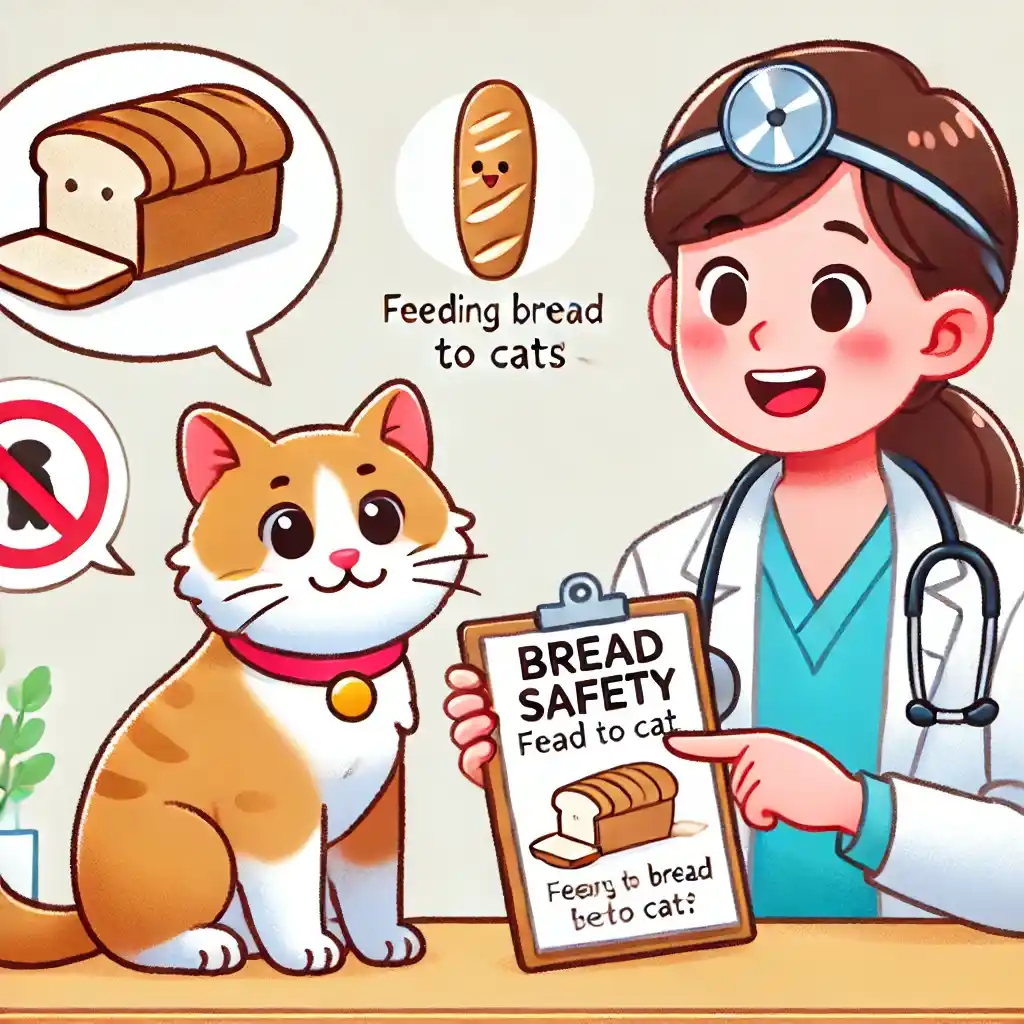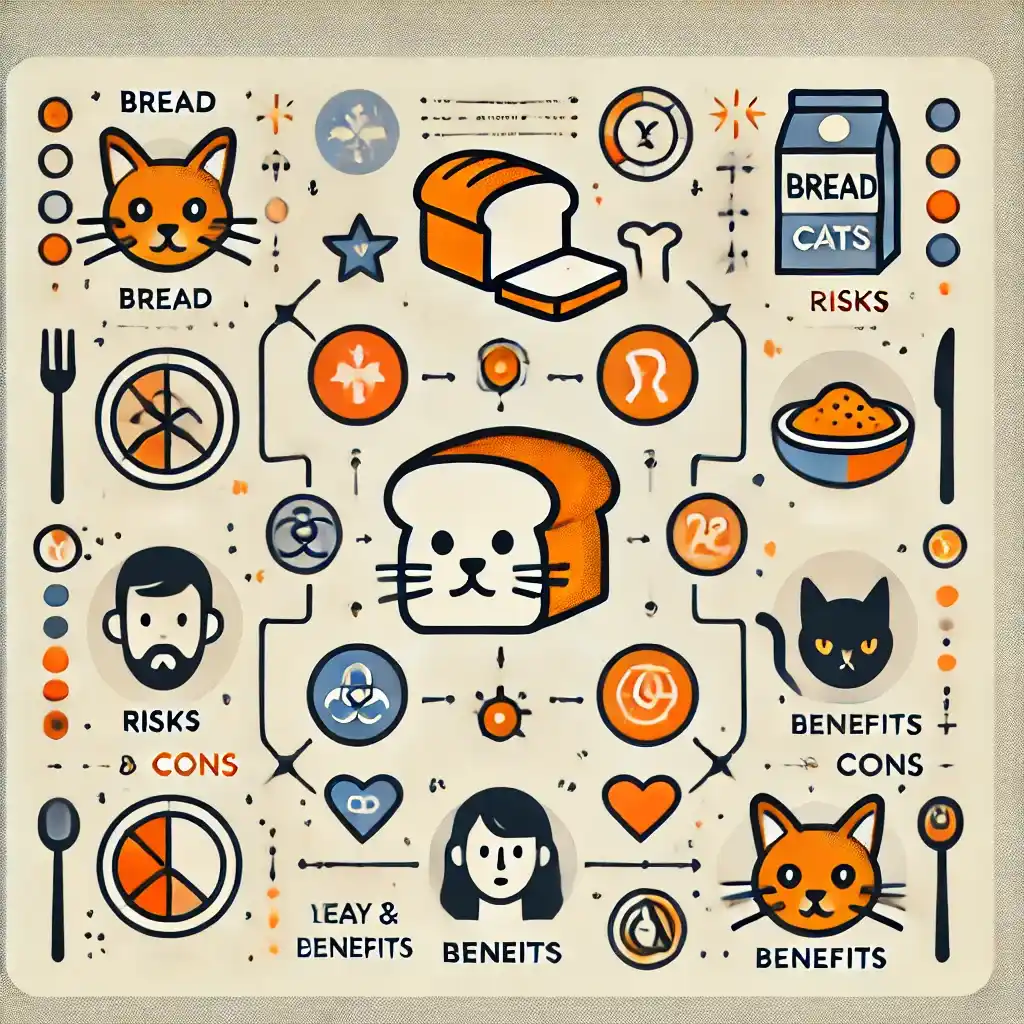Can Cats Eat Bread is a common question for pet owners who wonder if this popular human food is safe for their feline friends. While bread is not toxic to cats, there are important considerations to keep in mind before offering it as a treat. In this article, we’ll explore whether cats can safely eat bread, the potential benefits and risks, and what to do in case of issues.
read it: Can Cats Eat Eggs?
Can Cats Eat Bread?
Yes, cats can eat bread in small quantities. Plain, baked bread without harmful additives is generally safe for cats. However, bread is not nutritionally necessary for cats and should only be offered occasionally as a treat.
Nutritional Value of Bread for Cats
Bread primarily consists of carbohydrates, which cats don’t need in their diet. As obligate carnivores, cats require protein and essential nutrients from meat-based foods. Bread lacks the vital nutrients cats need, so it doesn’t contribute meaningfully to their health.
read it: Are Orchids Toxic to Cats?
Vitamins in Bread for Cats
While bread contains small amounts of vitamins, these are minimal and not essential for cats. For example:
- Vitamin B: Found in yeast, it can support energy production but is already present in most cat foods.
- Iron: Beneficial for red blood cell production but in insufficient amounts to benefit cats.
Pros and Cons of Feeding Bread to Cats
Pros:
- Can serve as an occasional treat.
- May be useful for hiding medication in small pieces.
Cons:
- Offers “empty calories” without essential nutrients.
- Potential digestive upset if consumed in large quantities.
- Risk of harmful ingredients like garlic or raisins in flavored bread.
read it: Can Cats Eat Chocolate?
What Happens If a Cat Eats Bread?
If your cat eats plain bread in small amounts, it’s unlikely to cause harm. However, eating too much bread may lead to:
- Digestive upset, including vomiting or diarrhea.
- Weight gain if consumed frequently.
What Happens If a Cat Doesn’t Eat Bread?
If your cat doesn’t eat bread, there’s no cause for concern. Cats thrive on a diet rich in protein and essential nutrients from animal-based foods. Bread is not a necessary part of their diet.
read it: it safe to bring a unvaccinated cat inside?
What to Do If a Cat Eats Bread and Has a Problem
If your cat eats bread and experiences symptoms like vomiting, diarrhea, or lethargy:
- Identify the Bread Type: Check if the bread contained harmful ingredients like garlic, raisins, or nuts.
- Monitor Symptoms: Observe your cat for worsening signs over the next few hours.
- Contact Your Veterinarian: Provide details about the type and amount of bread consumed.
read it: can you feed fancy feast kitten to adult cat?
Table: Can Cats Eat Bread?
| Question | Answer |
|---|---|
| Can Cats Eat Bread? | Yes, in small quantities and without harmful additives. |
| Nutritional Value? | Limited; bread provides carbohydrates but lacks essential nutrients. |
| Risks of Bread? | Empty calories, potential digestive upset, harmful additives. |
| Safe Types of Bread? | Plain, baked bread without raisins, garlic, or other toxic ingredients. |
| What If Problems Occur? | Monitor symptoms and contact a veterinarian if needed. |
Conclusion
In conclusion, can cats eat bread? Yes, but only as an occasional treat in small amounts. Bread doesn’t provide any nutritional benefits for cats and should never replace a balanced, protein-rich diet. Always ensure the bread is plain and free from harmful ingredients. If your cat shows any adverse reactions after eating bread, consult your veterinarian promptly. By understanding the risks and benefits, you can make informed decisions about what to share with your feline companion.




